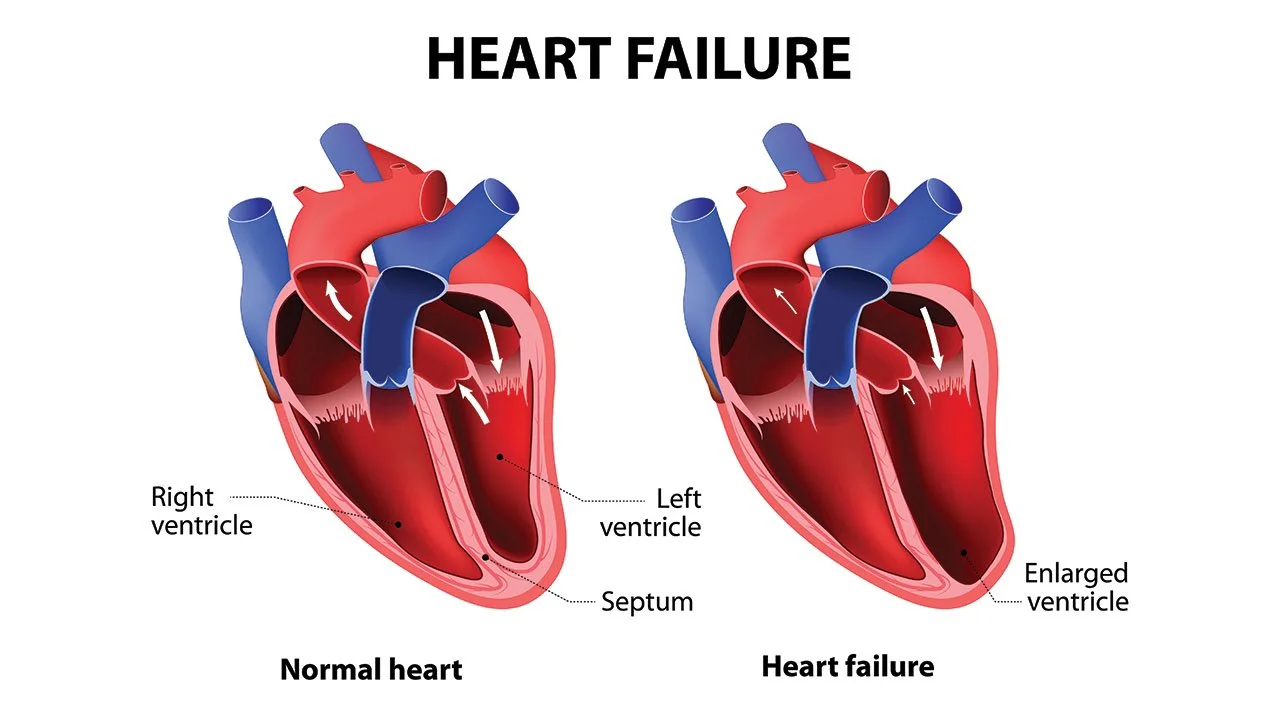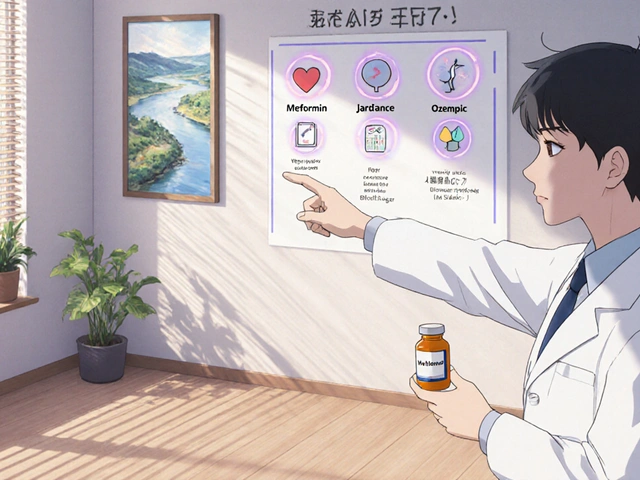Chronic Heart Failure: What You Need to Know
Living with chronic heart failure (CHF) can feel like a constant balancing act. Your heart isn’t pumping blood as efficiently as it should, so everyday activities may leave you short of breath or fatigued. The good news? Knowing the basics and having a few simple habits can make a big difference in how you feel.
Common Signs and When to Seek Help
Most people notice shortness of breath, especially when climbing stairs or lying flat. Swelling in the ankles, feet, or abdomen is another red flag – fluid builds up because the heart can’t push blood through the veins properly. Sudden weight gain (more than 2‑3 kg in a week) often means fluid is collecting fast.
If you experience rapid heartbeat, dizziness, or a persistent cough that produces frothy sputum, call your doctor right away. These symptoms can signal that CHF is getting worse and may need medication adjustment or more intensive treatment.
Practical Ways to Manage Everyday Life
Medication is the backbone of CHF care. Common drugs include ACE inhibitors, beta‑blockers, and diuretics. Take them exactly as prescribed – skipping doses can lead to flare‑ups.
Watch your sodium intake. Processed foods, canned soups, and salty snacks can add up quickly. Aim for less than 2 g of sodium a day and season meals with herbs, lemon, or garlic instead of salt.
Staying active, even at a low level, helps the heart work more efficiently. A short walk around the block, gentle stretching, or a light bike ride can boost circulation without overtaxing the heart. Start slow and let your doctor suggest a safe target.
Weight yourself daily, preferably at the same time each morning. A sudden rise signals fluid retention and may mean you need to adjust your diuretic dose.
Hydration still matters, but don’t overdo it. Sip water throughout the day and avoid sugary drinks that can increase calorie load and worsen fluid balance.
Monitor your mood and mental health. Dealing with a chronic condition can bring anxiety or depression. Talk with a therapist, join a support group, or simply share your feelings with friends and family.
Plan ahead for medical appointments. Keep a list of current meds, recent symptoms, and any questions you have. Bringing this info helps your doctor spot trends and fine‑tune treatment.
Finally, keep a simple emergency plan. Know which symptoms require a call to your doctor versus a trip to the emergency room. Store the phone numbers you need in an easy‑to‑reach place.
Managing chronic heart failure isn’t about drastic changes; it’s about small, consistent steps. By recognizing early signs, sticking to medication, eating smarter, staying lightly active, and leaning on support, you can keep symptoms in check and enjoy a better quality of life.

The Role of Palliative Care in Chronic Heart Failure Management
- By : Archer Hamilton
- Date : Sep 4 2023
As a health blogger, I feel compelled to discuss the integral role of palliative care in managing individuals with chronic heart failure. This post delves into the complexities of chronic heart disease and highlights palliative care as an effective method in not only mitigating physical symptoms but also offering psychological support. We're going to break down the importance of individualistic care in patient outcomes and analyze the role of physicians and caregivers in this process. Join me in exploring this crucial aspect of heart disease management.





